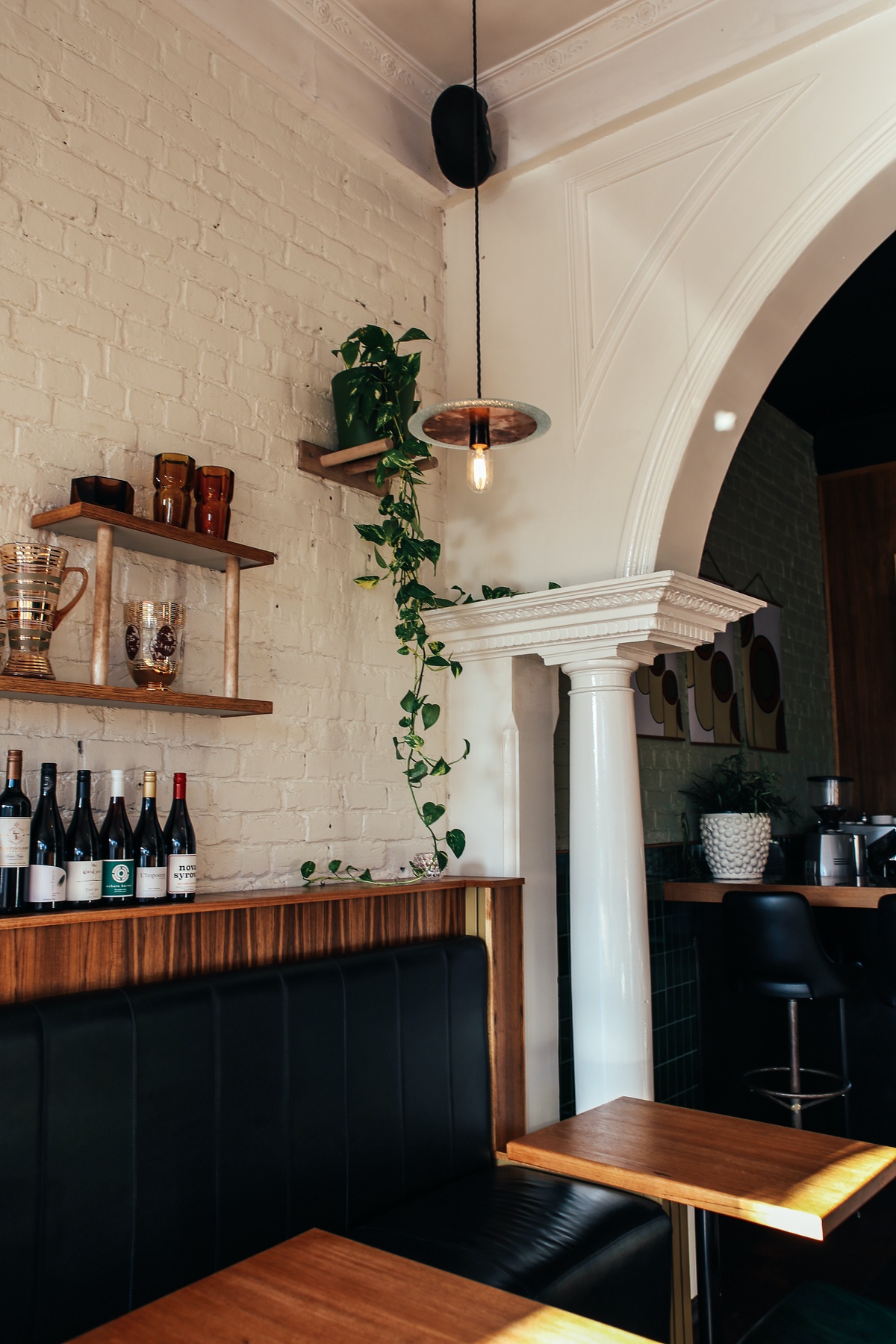The hospitality industry has always been dynamic, responding to changing consumer preferences, technological advancements, and global events. In recent years, the industry has faced unprecedented challenges, from the COVID-19 pandemic to shifts in traveler behavior and expectations. As we move forward, it's essential for businesses in the hospitality industry to adapt and embrace emerging trends to remain competitive and provide exceptional guest experiences. In this article, we will explore some of the key emerging trends in the hospitality industry.
Technology Integration
One of the most significant trends reshaping the hospitality industry is the integration of technology. From online booking platforms to contactless check-ins and digital room keys, technology is changing the way guests interact with hotels, restaurants, and other hospitality establishments. Mobile apps and AI-driven chatbots are becoming increasingly common, allowing guests to request services, make reservations, and get information at their fingertips. These technologies not only enhance the guest experience but also streamline operations, improving efficiency and reducing costs.
Sustainability and Eco-Friendly Practices
Sustainability is no longer just a buzzword; it's a fundamental consideration for the modern hospitality industry. Guests are increasingly concerned about the environmental impact of their travels, and they are choosing hotels and restaurants that prioritize sustainability. This trend has led to a surge in eco-friendly practices, such as energy-efficient lighting, water-saving initiatives, and waste reduction programs. Hotels are also incorporating sustainable materials and design principles into their construction and renovations.
Personalization
Personalization has become a cornerstone of the hospitality industry. Guests expect tailored experiences that cater to their individual preferences and needs. To meet this demand, hotels and restaurants are leveraging data analytics and guest profiles to provide personalized recommendations, room amenities, and dining options. By understanding guest preferences and behavior, businesses in the hospitality industry can create memorable experiences that foster loyalty and repeat visits.
Wellness and Health
The pandemic has highlighted the importance of wellness and health in the hospitality industry. Travelers are now more focused on their well-being, and they expect hotels and restaurants to provide options that promote health and safety. This trend has given rise to initiatives such as contactless dining, fitness amenities, and enhanced cleaning protocols. Many establishments are also offering wellness programs that include spa services, meditation classes, and healthy dining options.
Flexible Booking and Cancellation Policies
The uncertainty brought by the COVID-19 pandemic has prompted the hospitality industry to adopt more flexible booking and cancellation policies. Guests now expect leniency when it comes to changing their plans, and hotels and airlines have responded by offering options like free cancellations and the ability to change travel dates with minimal or no fees. This flexibility not only builds trust with guests but also encourages travel in uncertain times.
Contactless Experiences
The pandemic accelerated the adoption of contactless technologies in the hospitality industry. From contactless check-ins and payments to touchless room controls, minimizing physical contact has become a top priority. Many hotels and restaurants have also implemented QR code menus to reduce the need for physical menus and enhance the dining experience. These contactless solutions are likely to remain a staple in the industry even as the pandemic subsides.
Food and Beverage Trends
In the food and beverage sector of the hospitality industry, several trends have emerged. There is a growing demand for plant-based and sustainable food options, driven by concerns about health and the environment. Additionally, the rise of food delivery apps and ghost kitchens has changed the landscape of dining experiences. Many restaurants now offer takeaway and delivery services to cater to the evolving preferences of consumers.
Conclusion
The hospitality industry is continuously evolving, and staying ahead of emerging trends is essential for businesses to thrive. Technology integration, sustainability, personalization, wellness, flexibility, contactless experiences, and evolving food and beverage trends are reshaping the way hotels, restaurants, and other hospitality establishments operate. Adapting to these trends will not only attract guests but also ensure long-term success in a changing world. As the hospitality industry continues to evolve, staying agile and responsive to emerging trends will be the key to maintaining a competitive edge and providing exceptional experiences for guests.


No comments yet